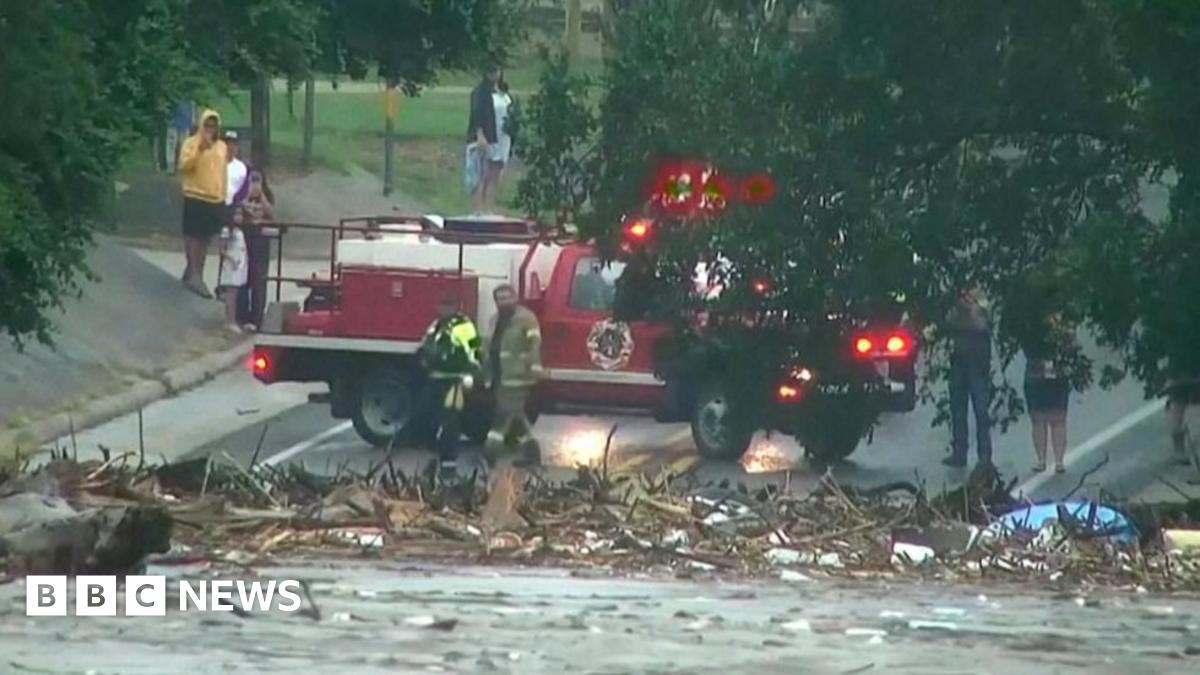UK-France Migration Pact & Defence Boost: Starmer and Macron Seal Landmark Agreements

In a significant development for both nations, British Prime Minister Keir Starmer and French President Emmanuel Macron concluded a state visit on Thursday with a series of landmark agreements focused on migration control and strengthening defence ties. The deals, hailed as a new era of cooperation, aim to tackle the ongoing challenges of irregular migration across the English Channel and bolster security collaboration amid evolving geopolitical landscapes.
Tougher Migration Controls: A Shared Commitment
The migration agreement represents a key step in addressing the persistent issue of small boat crossings in the Channel. Details of the agreement remain somewhat limited, but it is understood to involve increased joint patrols, enhanced intelligence sharing, and a commitment to disrupting the activities of criminal networks facilitating human trafficking. Both leaders emphasized the importance of a humane approach while stressing the need for stricter border controls and a focus on deterring illegal crossings. The agreement also includes provisions for the UK to contribute financially to France’s efforts in managing its borders and processing asylum claims.
“We are committed to working together to stop the boats and break the business model of the criminal gangs who are exploiting vulnerable people,” stated Prime Minister Starmer during a joint press conference. President Macron echoed this sentiment, expressing France's dedication to protecting its borders and upholding international law.
Strengthening Defence Partnerships: A Response to Global Challenges
Beyond migration, the state visit resulted in a series of agreements designed to deepen defence cooperation between the UK and France. These agreements are particularly relevant given the current global security climate, including the ongoing conflict in Ukraine and rising tensions in other regions. Key elements of the defence agreements include:
- Joint Military Exercises: Increased collaboration on joint military exercises to enhance interoperability and readiness.
- Cybersecurity Cooperation: Expanded partnership in cybersecurity, including intelligence sharing and joint efforts to combat cyber threats.
- Nuclear Deterrence: Discussions regarding potential collaboration on future nuclear deterrence capabilities, recognising the importance of maintaining credible national deterrents.
- Technological Innovation: Joint investment in research and development of advanced defence technologies.
“France and the UK share a deep commitment to European security and stability,” President Macron affirmed. “These agreements demonstrate our resolve to work together to address the challenges of our time and protect our shared values.”
A New Chapter in UK-France Relations?
This state visit and the resulting agreements mark a significant shift in the relationship between the UK and France, following a period of tension post-Brexit. While differences remain, the focus on shared interests – particularly in the areas of migration and defence – suggests a renewed commitment to cooperation. The success of these agreements will depend on their effective implementation and a continued willingness from both sides to engage in constructive dialogue. Observers are keen to see how these commitments translate into tangible results in the coming months and years, and whether they represent a genuine turning point in UK-France relations.
The agreements have been welcomed by many, but some critics have raised concerns about the potential impact on human rights and the effectiveness of border controls. The debate surrounding migration policy is likely to continue, regardless of the new agreements.






